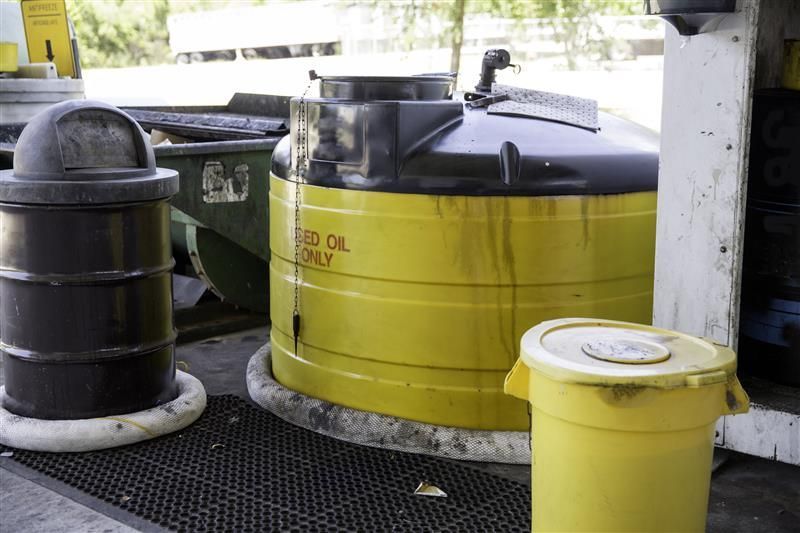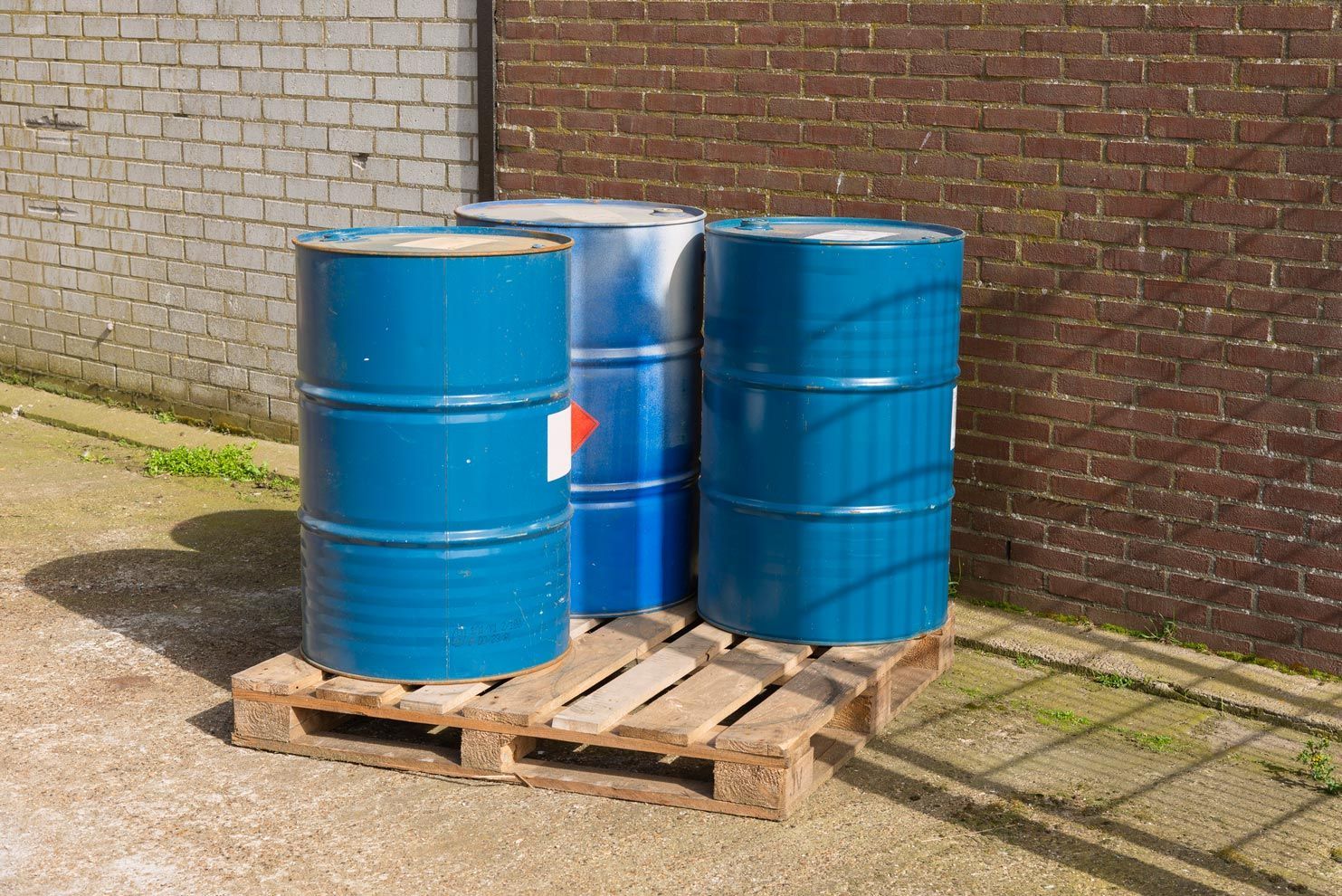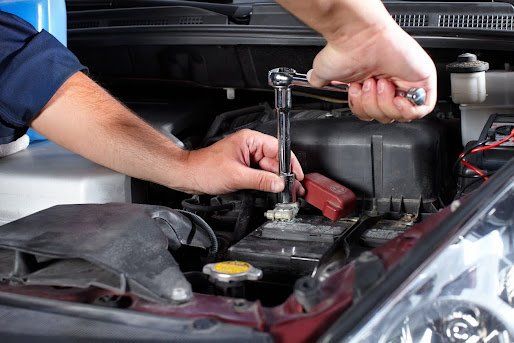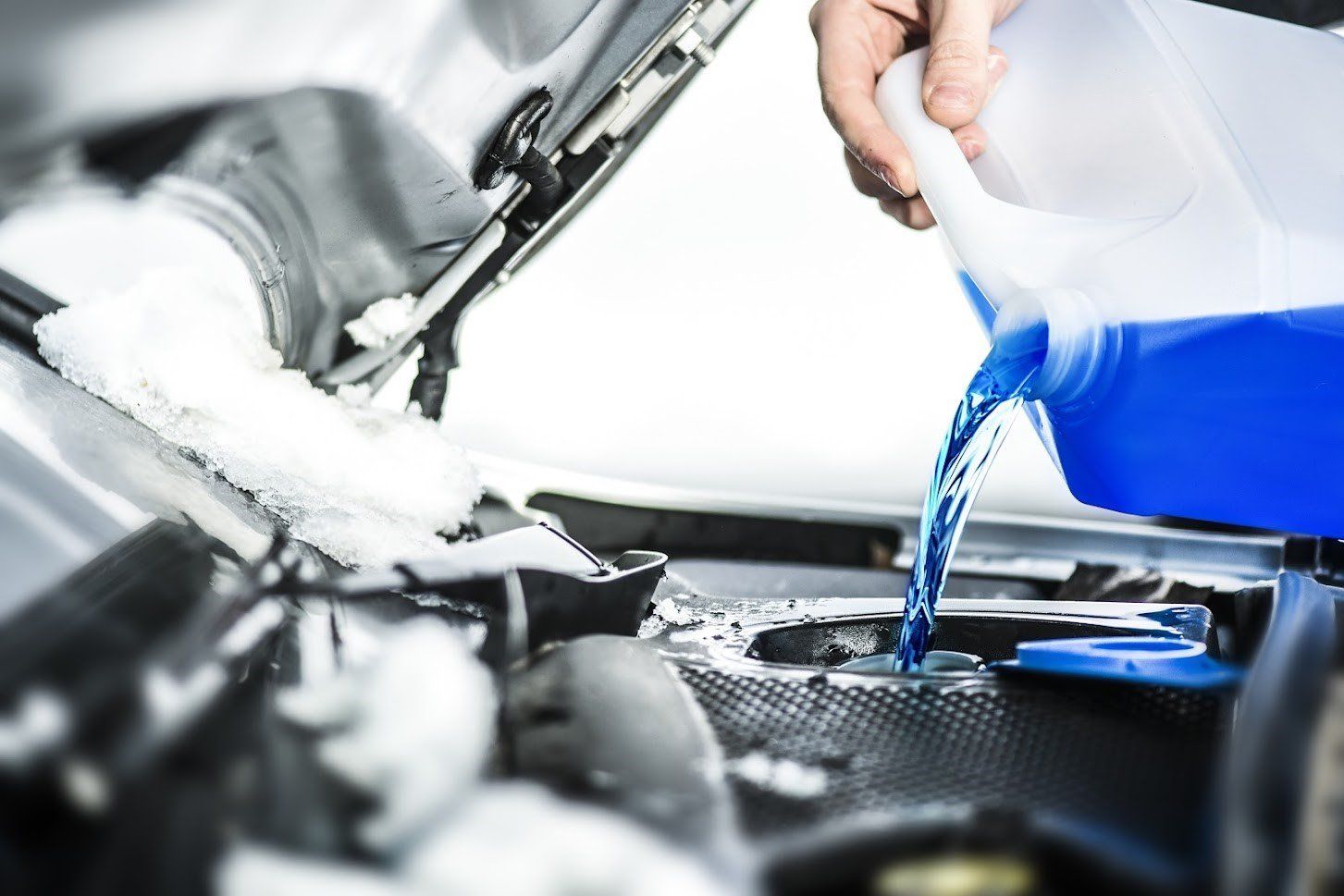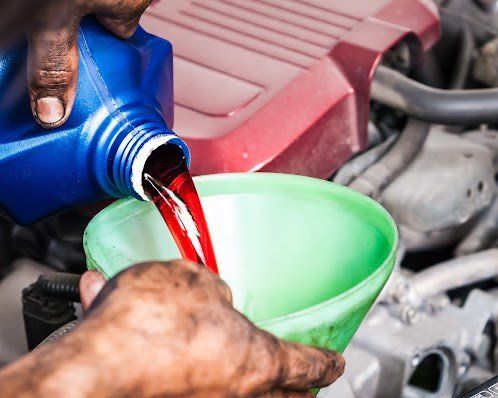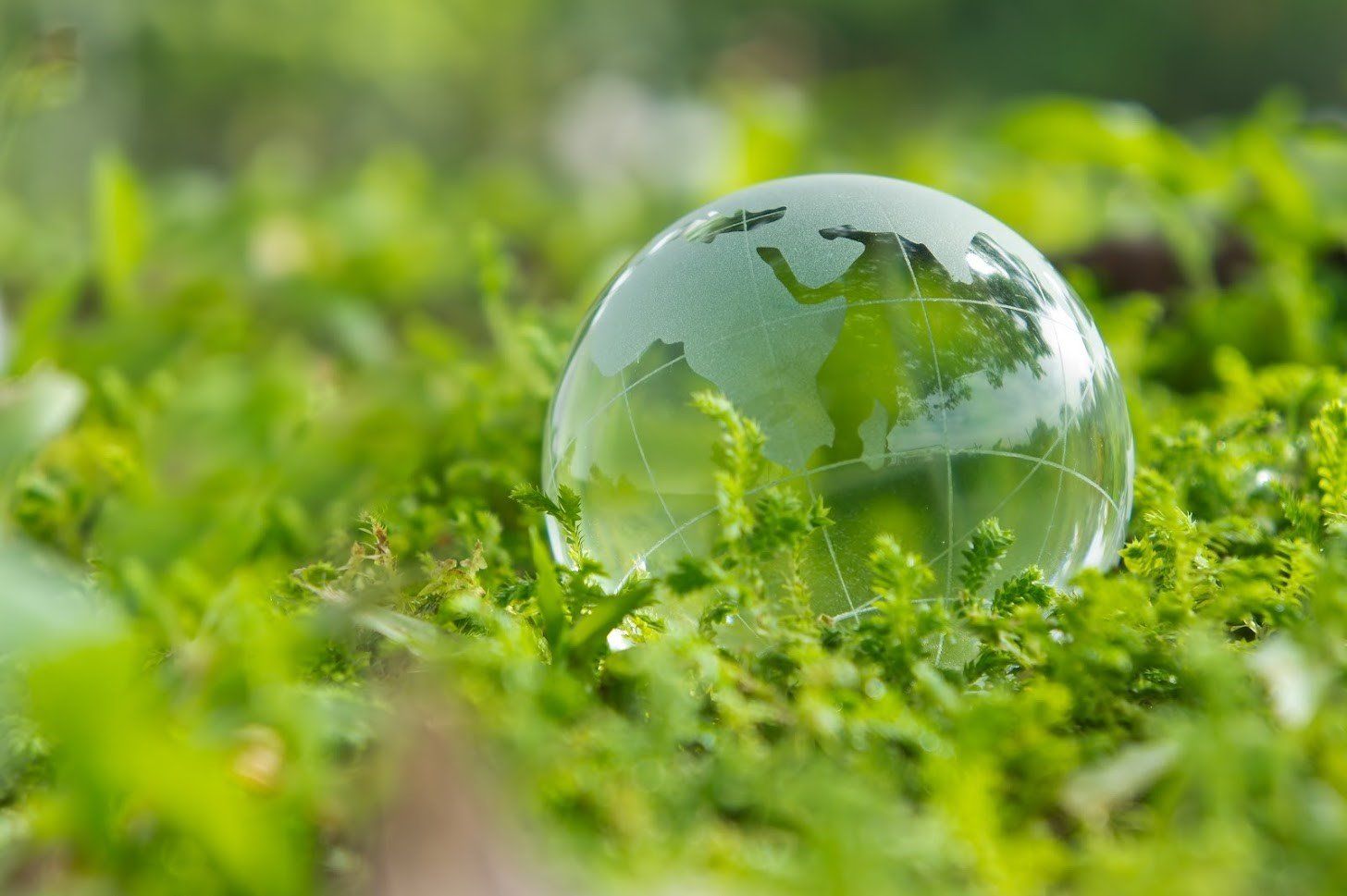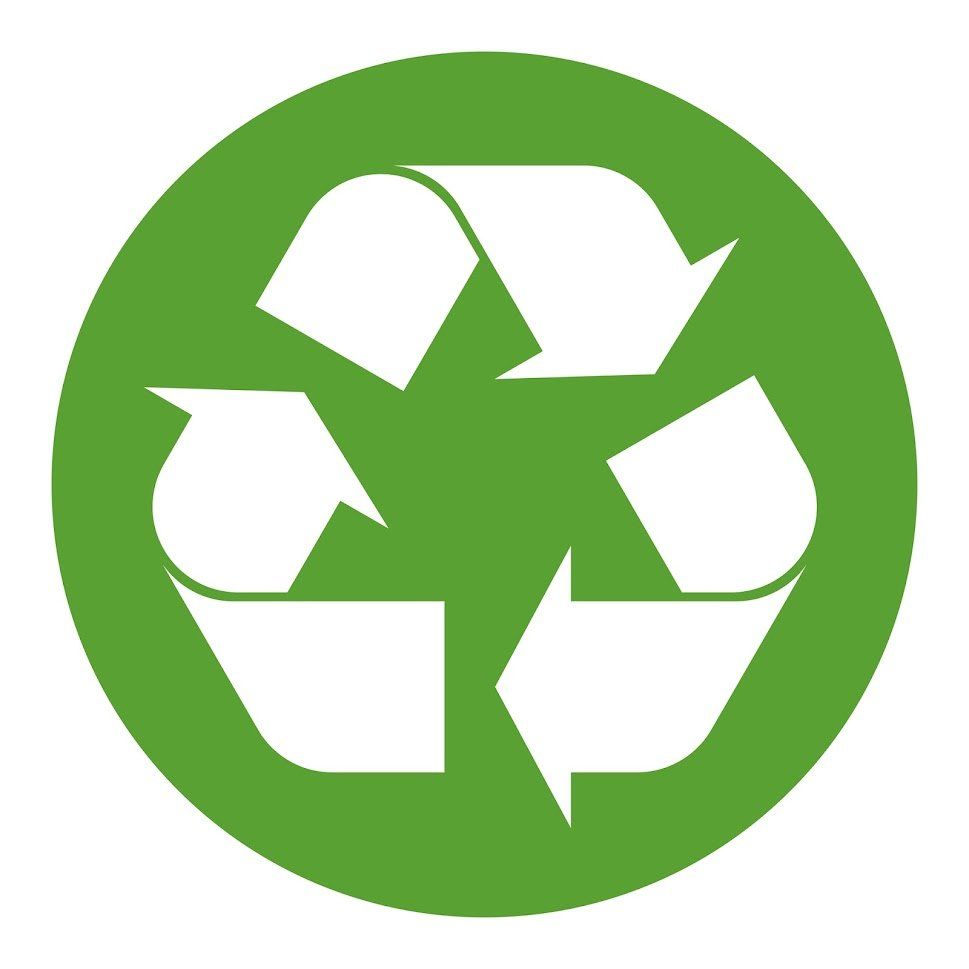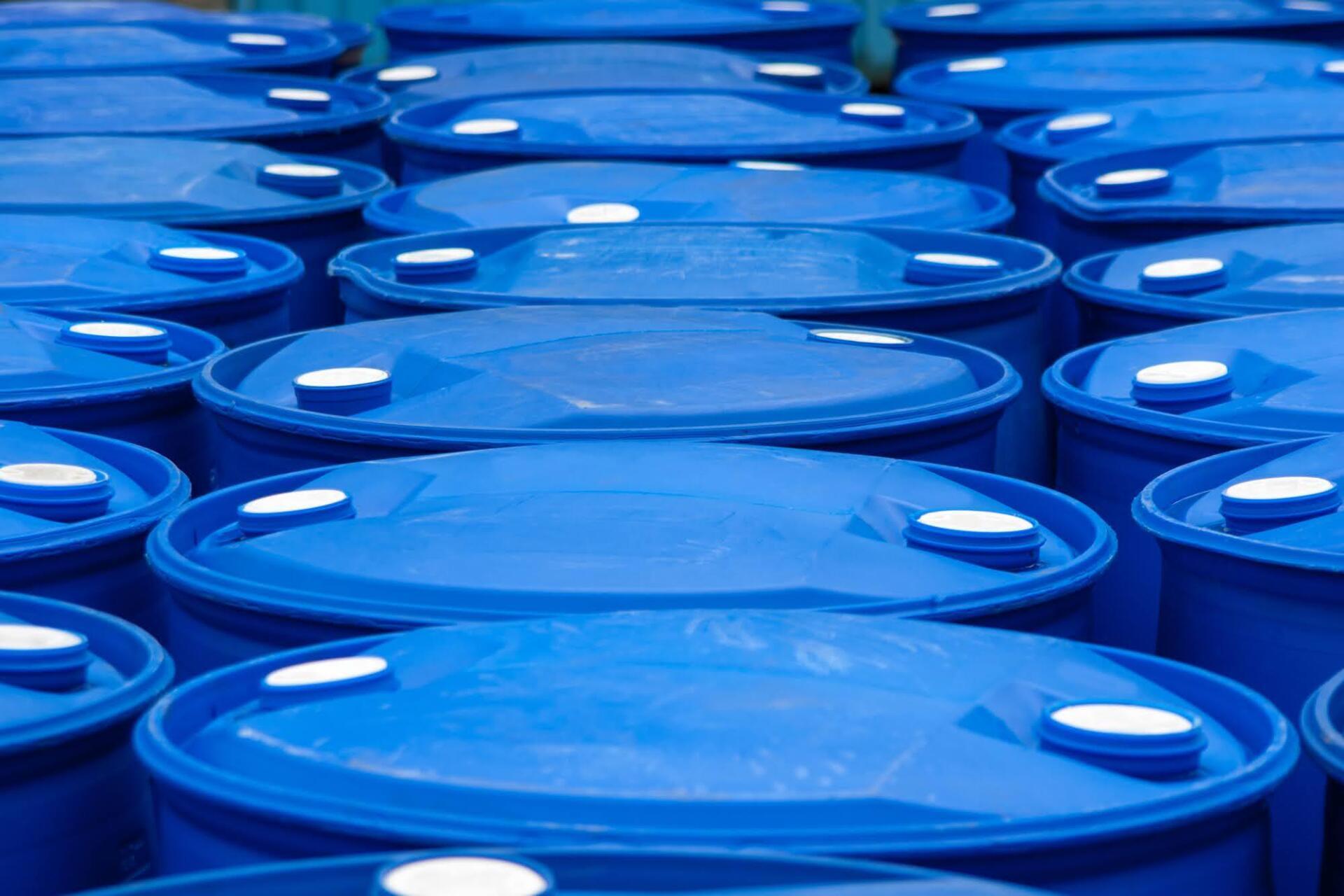Oil, Filters, and Chemicals That Should Be Recycled

Manufacturing businesses create a lot of dangerous waste, including used oil, used antifreeze, and wastewater. Luckily, a lot of this waste can be recycled and reused, which is great for your bottom line and the environment. If you would like to know more, keep reading.
1. Used Oil
Used oil refers to both petroleum-based and synthetic used oils. Oil is incredibly important for ensuring machines run smoothly, but over time, grime and debris builds up, making the oil less effective. However, you can't just toss the used oil or pour it down the sink.
If you dispose of oil incorrectly, there is a high risk of it reaching groundwater or storm drains. This can wreak havoc on the environment. Plus, it is a sticky substance that does not degrade well, so it will cling to everything and stick around for a long time, continuing to affect plants, animals, water, and soil.
Luckily, oil can be recycled and reused as clean oil again. It requires a lot less energy to process recycled oil than raw oil, which also helps the environment and save precious resources. In fact, just one gallon of used motor oil provides the same amount as 42 gallons of crude oil.
2. Used Oil Filters
If your system uses oil, you probably also have an oil filter to help remove any debris. Over time, however, these filters get too dirty to be effective, so they need to be replaced. Yet, they are contaminated with used oil, so they should not be thrown in the garbage. Instead, recycle these filters as you would oil. The oil can be removed, recycled, and reused.
3. Tramp Oil
Tramp oil is a type of residue left behind during various production processes, including industrial manufacturing and food preparation. The problem arises when the water used as a coolant mixes with the tramp oils. The oil and particles clump together and float to the surface where it can be removed with a skimmer.
As the tramp oil continues to get dirty, however, it can affect the machine's ability to keep the temperature low. Therefore, the tool will be exposed to too much heat too frequently, which causes it to wear down faster. Plus, the oil can catch fire and burn. As such, it may help if you ensure that any tramp oil is recycled.
4. Antifreeze and Coolant
Antifreeze is a chemical used to help prevent water and other liquids from freezing in machines. It does this by lowering the freezing temperature, but it can also help water from overheating by raising the boiling point of the liquid. However, antifreeze is made of ethylene glycol and propylene glycol, and both are toxic to animals and plants.
Alternatively, machine coolant is specifically designed to keep machines cool. If machines get too hot, they can become inefficient, or they may break down altogether. This solution should also be recycled as it can negatively impact the environment. Plus, as with recycling used oil, it costs a lot less to process reused coolants.
5. Wastewater
You probably use a lot of water to keep everything cool and clean. This wastewater may contain hazards and toxins, which can get into the soil and groundwater. However, recycling the wastewater removes most of the contaminants, which means the water can be used again. How well the water is cleaned depends on what it is going to be used for next.
For example, water that is going to be used to mix concrete doesn't need to be as clean as water that is going into the municipal water supply. Other uses for recycled water include irrigation, power plants, artificial lakes, and dust control for roads.
Recycling oil and other potentially hazardous chemicals is a great way to save precious resources while also preventing contaminated groundwater. If you would like to know more, or if you would like to recycle your oil,
contact us at Denver Oil today.

